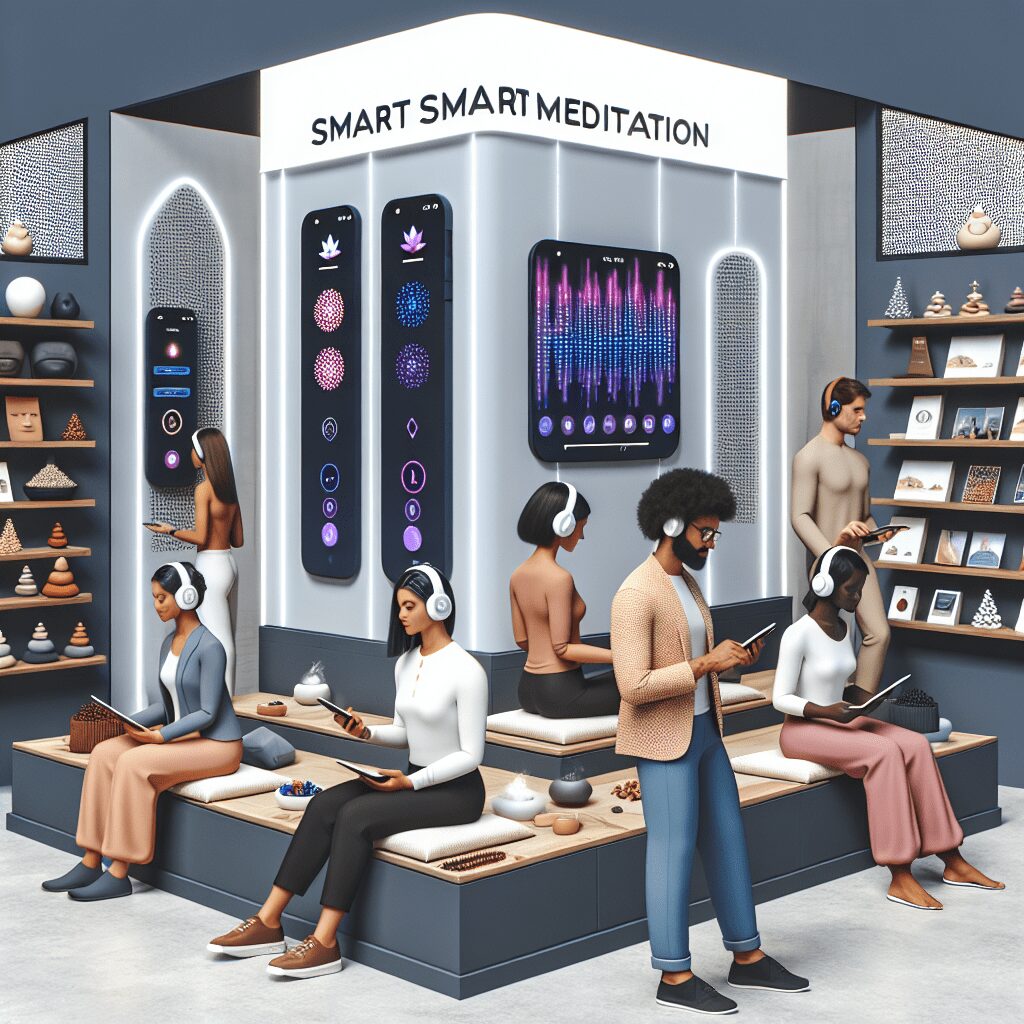
Prioritize your mental well-being daily. Enhance your life by nurturing your mental health with the Smart Meditation app. Break free from stress, alleviate anxiety, and enhance your sleep quality starting today.
Can Antidepressants Help You Stop Drinking?
Unraveling the Complex Web: Antidepressants and Alcohol Dependence
Let’s dive into a topic that’s been stirring the pot in the world of mental health and substance abuse treatment: can popping those antidepressants help put the brakes on your drinking habit? It sounds like a no-brainer, right? If depression often leads to drinking and antidepressants alleviate depression, then they should, in theory, help curb the urge to binge on booze. But, as with most things in the complex web of human health, it’s not quite as straightforward.
A Dual Diagnosis: Depression and Alcohol Use Disorder (AUD)
First off, it’s important to acknowledge the chicken-or-the-egg scenario that often plays out between depression and excessive drinking. For some, the heavy fog of depression leads to drinking as a form of self-medication. For others, the consistent overuse of alcohol, a known depressant, brings about the symptoms of depression. This intertwining of conditions is known in the medical world as a dual diagnosis, and it complicates the path to recovery.
When addressing this dual diagnosis, healthcare providers have a tightrope to walk. On the one hand, there’s a battalion of antidepressants at their disposal, ready to charge at the looming shadow of depression. SSRIs (Selective Serotonin Reuptake Inhibitors) like Prozac and Zoloft, or SNRIs (Serotonin-Norepinephrine Reuptake Inhibitors) like Effexor and Cymbalta, to name a few. These meds work to balance out the brain’s neurotransmitters, potentially stabilizing mood and improving symptoms of depression.
Navigating the Treatment Terrain
Yet, here’s the kicker—while these meds might be kicking depression to the curb, they’re not a silver bullet for stopping drinking. In fact, mixing antidepressants and alcohol can be like mixing oil and water, or rather, like igniting a potentially hazardous chemical reaction. Alcohol can not only reduce the effectiveness of antidepressants, making the climb out of depression steeper, but it can also exacerbate side effects such as drowsiness, dizziness, and coordination problems. Talk about a double-edged sword.
That said, hope is far from lost. Studies have shown that when individuals with AUD and depression receive treatment for both conditions simultaneously, their outcomes can be significantly better compared to treating each condition in isolation. This approach might include the use of antidepressants, alongside counseling or behavioral therapies such as Cognitive Behavioral Therapy (CBT) tailored to address drinking behaviors.
Turning the Tide: A Journey of Recovery
So, if you’re pondering whether antidepressants can turn the tide in your battle against the bottle, the answer is a cautious “perhaps.” It’s a piece of the puzzle but not the whole picture. The most prudent course of action? Have a heart-to-heart with your healthcare provider. Armed with a comprehensive understanding of your unique health history and circumstances, they can chart a course that strikes at both depression and excessive drinking.
Remember, though the journey might seem daunting, countless individuals have navigated this winding road before you. With the right combination of medical support, therapy, and, yes, perhaps antidepressants, a horizon free from the chains of alcohol dependence is within reach. So, here’s to taking that first step, however shaky, towards a brighter, healthier future. Cheers (with a non-alcoholic beverage, of course) to a journey of healing and hope.




